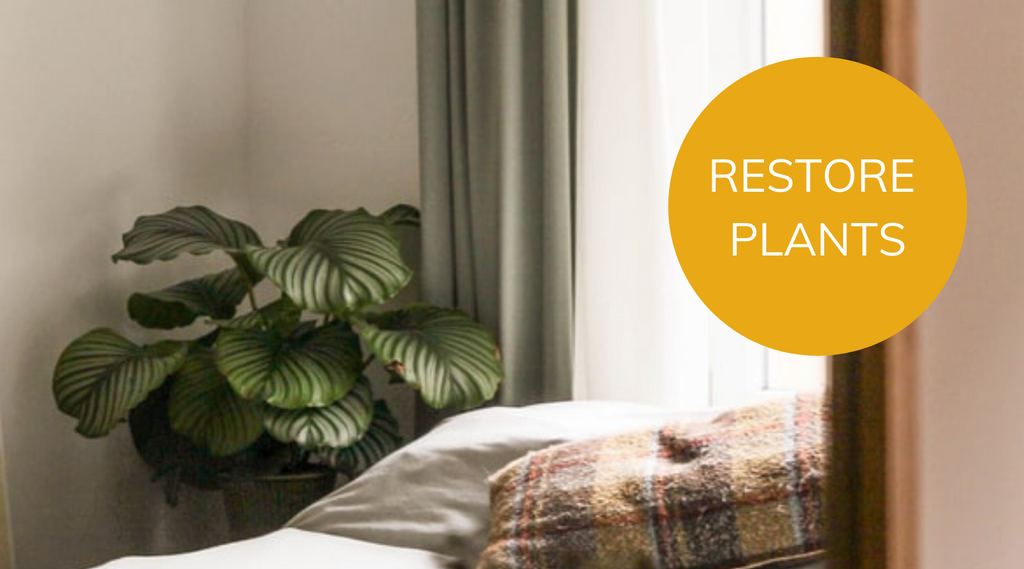There’s nothing worse than tossing and turning all night, unable to drift off, is there?
Somehow, anxiety manages to rear its head just when our’s hits the pillow. You’re suddenly free from distractions and your mind starts to wreak havoc!
For some of us, insomnia will be an occasional affliction, usually coinciding with periods of stress. Whereas, for up to 60% of us, insomnia is chronic, and will be a recurrent problem (research reported by the Sleep Foundation).
By its very nature, sleeplessness can make us feel helpless. But there are things you can do to help promote sleep regularity, including:
- Getting up at a consistent time every morning.
- Leaving screens out of the bedroom (scrolling through Instagram until 3am is not going to help you switch off!).
- Going for a walk outside during daylight hours.
- Avoiding caffeine after 2pm.
- Only using your bedroom for sleep (if you have the option to do so)
- Reflecting on your feelings by journaling, so they don’t build up at bedtime.

Find plants to help you relax and drift off, in our Bedroom Plants collection.
The list above is a combination of NHS advice and tricks that have helped members of the Bloombox Club team. We hope that they’ll help you too, but we’ll wager that you’ve heard most of these nuggets of wisdom before.
One piece of advice you’ve probably not heard is that having plants in the bedroom can help you relax and restore after a stressful day. While houseplants are by no means a medically recognized treatment for insomnia, there are a few reasons houseplants may help you sleep, as we discuss in detail below.
Check Out - 7 Wellbeing Benefits of Indoor Plants
3 Reasons Houseplants May Help You Sleep
1. Houseplants lower stress levels
Being in nature is known to reduce stress.
Whether it’s interacting with houseplants, going for a walk in the park, or fully immersing yourself in forest bathing, the research is pretty unanimous: our bodies and minds respond positively to nature.
Specifically, research has found that plants:
- Lower blood pressure
- Decrease levels of the stress hormone cortisol
- Increase perceived feelings of calm and wellbeing
Now, if more stress means poor sleep, and more plants means less stress, it doesn’t take a genius to work out that more plants should also mean better sleep for you!
If you’re wondering which plants do this best, check out our collection of Bedroom Plants. These plants have been curated by our expert team for their relaxing power.
Check Out - How Plant Help to Reduce Stress?
If you’re interested in the relationship between plants and wellbeing, sign up to our Plant Subscription Box!
2. Plants have their own circadian rhythms that we may pick up on
Plants have internal cellular clocks, just like we do. We know this because when plants are deprived of light and other queues pertaining to the natural environment, they continue to behave according to the rhythms of the day.
Some plants respond to the time of day more emphatically than others. The Calathea orbifolia, as a Prayer Plant, is a particularly good example of a plant that changes according to its own cellular clock.
At night, the leaves of the Calathea close shut and the plant releases higher levels of oxygen.
Research in this area is in its infancy, but at least one study has found empirical support for the theory: A paper published in the Journal of Geriatric Psychiatry found that indoor plants improved the quality of sleep and cognition in Alzheimer’s patients, whilst reducing agitation.
This may be related to the shared circadian nature of plants and humans, the calming effect that plants have, or another unknown property. But, if you want a good night’s sleep, testing the theory yourself couldn’t hurt!
3. Looking after plants helps us be kinder to ourselves
As a psychologist, Bloombox Club founder found that looking after plants could be a powerful tool in helping people be kinder to themselves.
Time and again, Bloombox Founder saw people build safe, low-risk relationships with plants, which helped them build better relationships with themselves, as well as others. In essence, nurturing another living thing helps us become more self-compassionate.
Becoming more accepting of ourselves can help counter that voice of doubt that keeps us awake at night. When we're less self-critical, we become less preoccupied with unnecessary worries.
The Best Indoor Plants For Sleep
If you thought you’d tried everything to help you sleep, you might be ready to give plants a go.
But which plants should you start with?
Well, on the one hand, any plant that makes your home feel more vibrant and welcoming should have the psychological effects described above.
But there are some plants that we specifically recommend for sleep, whether that’s because they move throughout the day, like the Calathea Maui, because they produce more oxygen at night, like the Fishtail Palm, or because they can withstand lower light levels, like the Mother-in-Law’s Tongue.



















